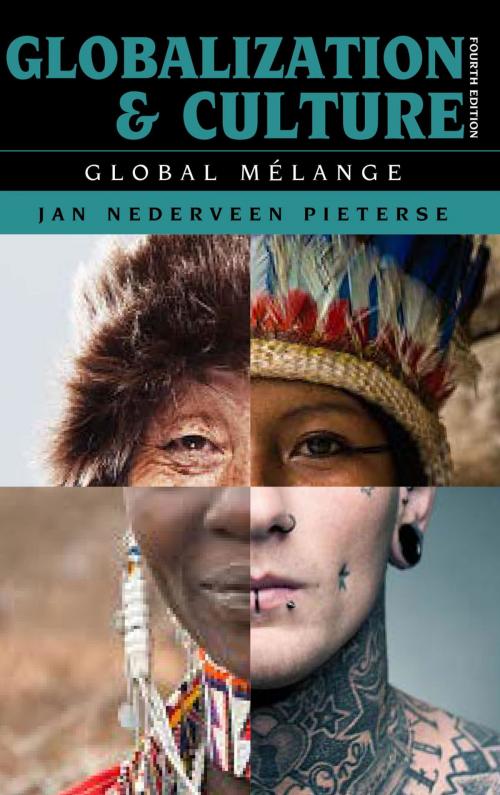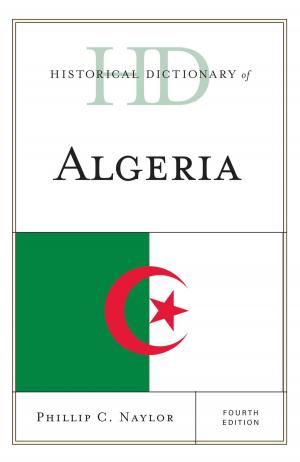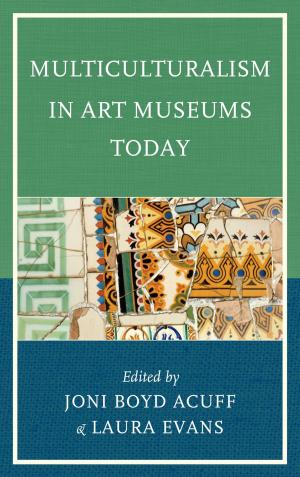Globalization and Culture
Global Mélange
Nonfiction, Reference & Language, Language Arts, Communication, Social & Cultural Studies, Political Science, International, International Relations| Author: | Jan Nederveen Pieterse, Mellichamp Professor of Global Studies and Sociology | ISBN: | 9781538115244 |
| Publisher: | Rowman & Littlefield Publishers | Publication: | May 17, 2019 |
| Imprint: | Rowman & Littlefield Publishers | Language: | English |
| Author: | Jan Nederveen Pieterse, Mellichamp Professor of Global Studies and Sociology |
| ISBN: | 9781538115244 |
| Publisher: | Rowman & Littlefield Publishers |
| Publication: | May 17, 2019 |
| Imprint: | Rowman & Littlefield Publishers |
| Language: | English |
Now updated with new chapters on culture and on populism, this seminal text disputes the view that we are experiencing a “clash of civilizations” as well as the idea that globalization leads to cultural homogenization. Instead, Jan Nederveen Pieterse argues that we are witnessing the formation of a global mélange culture through processes of cultural mixing or hybridization. From this perspective on globalization, conflict may be mitigated and identity preserved, albeit transformed. In a new chapter on China, the author focuses on the key issue of agency and power in hybridization. Throughout, the book offers a comprehensive treatment of hybridization arguments, and in discussing globalization and culture, problematizes the meaning of culture. This historically deep and geographically wide approach to globalization is essential reading as we face the increasing spread of conflicts bred by cultural misunderstanding.
Now updated with new chapters on culture and on populism, this seminal text disputes the view that we are experiencing a “clash of civilizations” as well as the idea that globalization leads to cultural homogenization. Instead, Jan Nederveen Pieterse argues that we are witnessing the formation of a global mélange culture through processes of cultural mixing or hybridization. From this perspective on globalization, conflict may be mitigated and identity preserved, albeit transformed. In a new chapter on China, the author focuses on the key issue of agency and power in hybridization. Throughout, the book offers a comprehensive treatment of hybridization arguments, and in discussing globalization and culture, problematizes the meaning of culture. This historically deep and geographically wide approach to globalization is essential reading as we face the increasing spread of conflicts bred by cultural misunderstanding.















